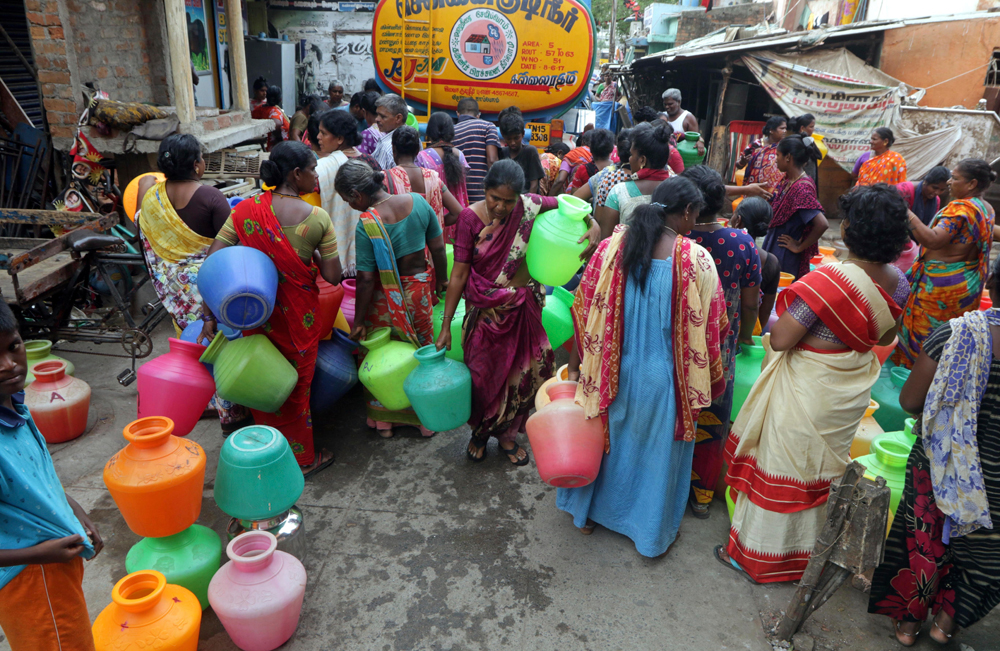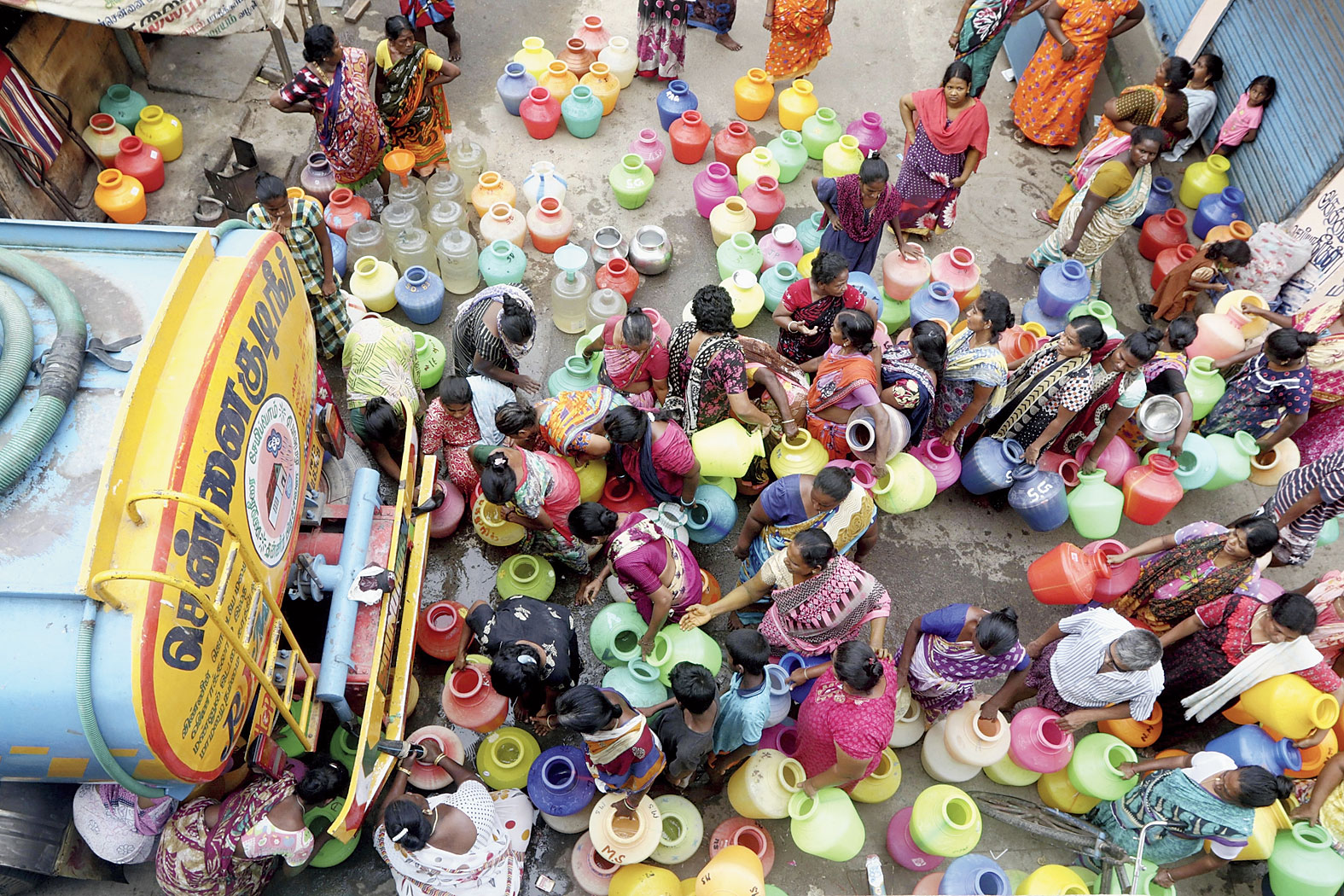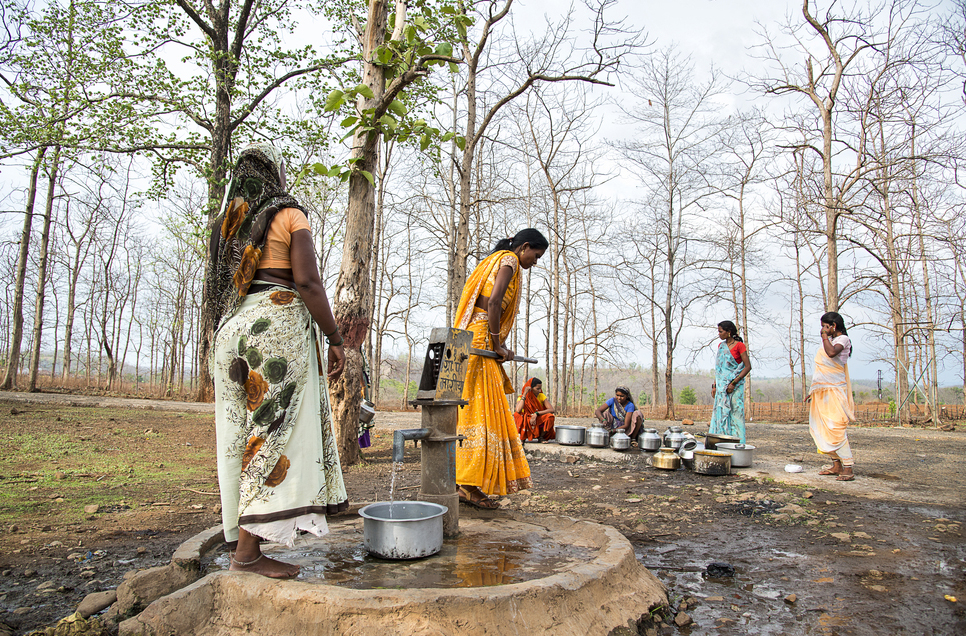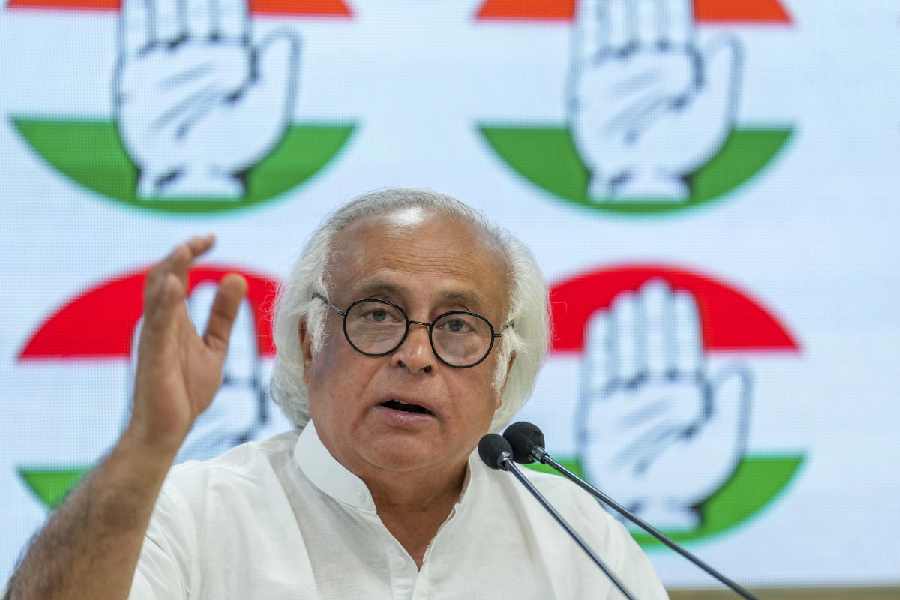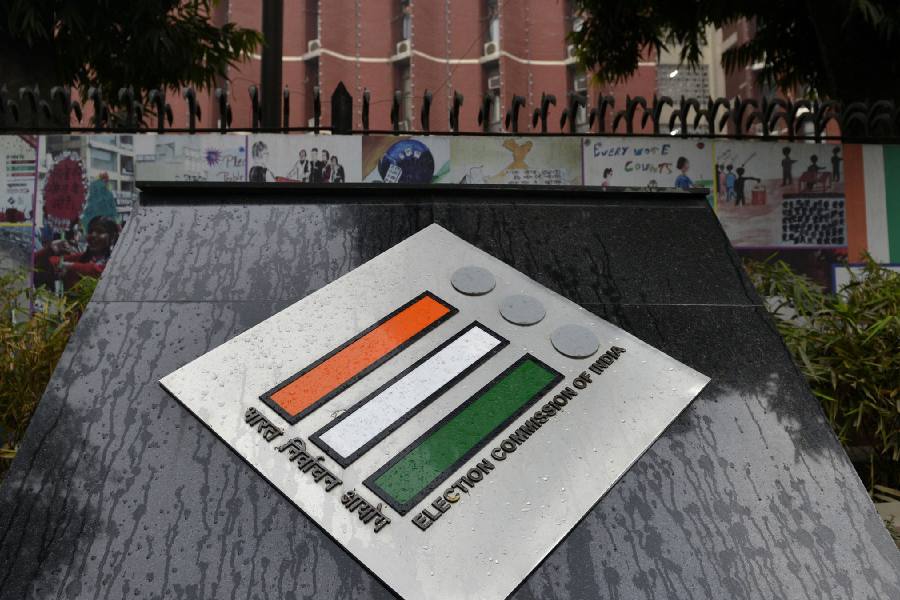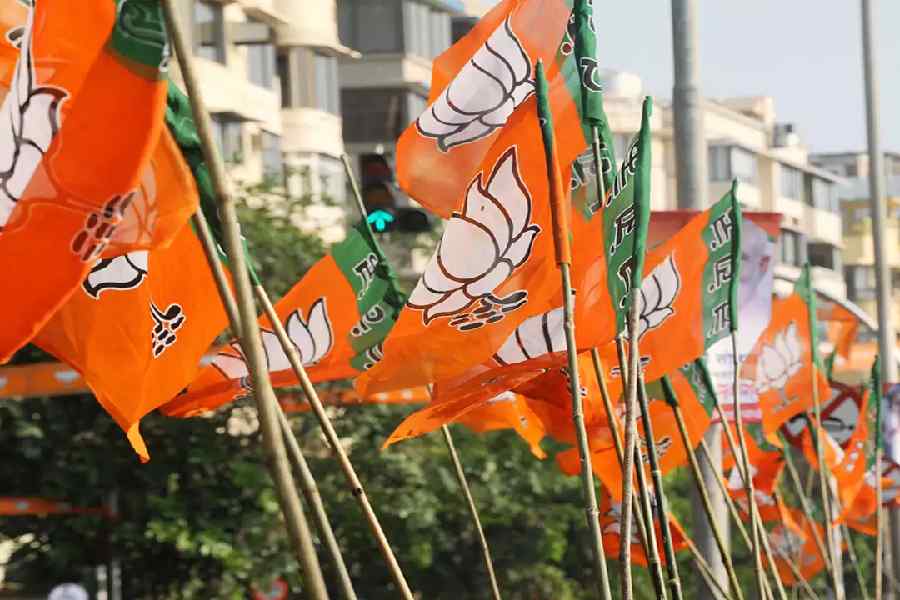Access to resources that are critical for the sustenance of communities should be recognized as rights. It is thus heartening to note that Madhya Pradesh is seeking to enact the Right to Water Act, a first-of-its-kind legislation, which seeks to guarantee a certain quantum of water to every citizen on a daily basis. The prime minister, too, has expressed his resolve to make piped water available to every household by 2024. Such initiatives, even though they are ambitious, are laudable. Yet, there is a case to argue that the transformation of natural resources into commodities meant for public consumption in a populous country like India often leads to wastage and, subsequently, scarcity. The pressure exerted by populism on policy compounds shortages in precious resources. Incidentally, sops to agriculturalists for the use of groundwater as well as the unregulated extraction of water for industrial purposes are not uncommon in the country.
India is all set to pay a heavy price for such lapses. Niti Aayog’s Composite Water Management Index states that 600 million Indians reside in high or extreme water-stressed zones and that the creaking water supply system is on the verge of collapsing. The think tank has also expressed the apprehension that 21 Indian cities would run out of groundwater by 2020. The scale of the imminent crisis can perhaps be adjudged from Chennai’s present troubles. Scanty rainfall, a scorching summer and — most importantly — apathy and myopia of successive administrations have brought untold suffering to the city and its people. Time is of the essence. India must address the problem of water scarcity on a war footing and on multiple levels. Practices that lead to the exploitation of water in agriculture — the sector uses 78 per cent of the nation’s water — and industry must stop. The unregulated use of groundwater, the primary source of drinking water for rural India, must be checked. Distribution systems in metropolitan areas suffer from leakages: they need to be modernized. Equally significant is the conservation and regeneration of resources. A law may not always be enough in this context. Tamil Nadu had made water harvesting compulsory; yet Chennai is now bone dry. The real challenge, therefore, would be to sensitize citizens to the criminal wastage of water. Only then can they claim to have a right over this valuable resource.

